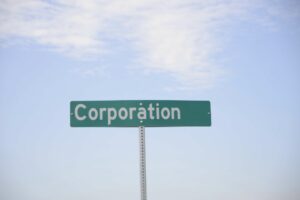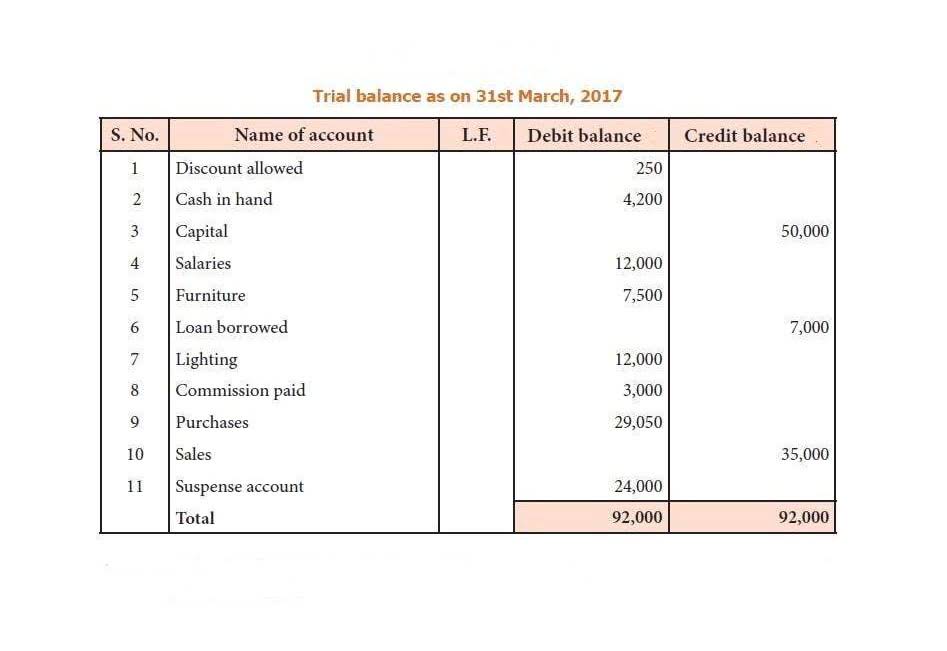
If you think about all the people that need to be involved in the budget creation process, you might think it’s excessive – but involving these functional leaders is important, Lund says. For example, if you want to buy five new point-of-sale terminals and they are $5,000 each, you can’t put that number through to your P&L – it’s too big. You need to list it as an asset and then amortize it over its useful life. But if you’re buying toilet paper for this month, that’s an operating expense that goes straight to your P&L. People often use the word “expenses” to describe everything that costs something. Whether you are creating a budget for the first time or simply want to know if your expenses are in line with industry standards, there are benchmarking tools that can help.

So, Why are Budgets so Important for Hotels?
You can view the payment trends for different periods of time and view how much is spent in total. This graphical representation of your accounting can contribute a lot to your business budget planning. So, every business sets aside some liquid cash or plans monthly storage as reserves while creating their hospitality budget.

Different types of hotel budgets
- It also allows for monitoring and controlling deviations between planned and actual results.
- For example, if you notice that direct bookings are making up more of your sales than expected, you could adjust prices on channels like third-party travel sites to increase demand.
- In the ever-changing landscape of the hotel industry, unforeseen challenges are a reality.
- The majority of the businesses in the hospitality sector follow this method for their business budget planning.
- To avoid this, base your forecasts on realistic data that considers all market conditions and past performance.
It enables you to establish revenue benchmarks, control operational expenditures, allocate resources judiciously, and prepare for contingencies such as economic downturns or unexpected maintenance issues. All in all, proper hotel budgeting is crucial for revenue managers to ensure a healthy financial performance in the upcoming year. Understanding the competitive landscape and its impact on hotel performance is crucial for accurate budgeting and forecasting. However, gathering reliable information about competitors’ strategies, pricing, and occupancy levels can be challenging. Just like a farmer can’t sow seeds without knowing when it will rain, hotels can’t make informed decisions about staffing, forecast booking, track revenue, etc without accurate financial projections. That’s where Budgeting and forecasting in the hotel industry help to plan for the future.
Tips for effective hotel budgeting

This means that you need to check that the marketing budget, capital expenditures, and operational costs are proportionate to the expected revenue that it will generate. Regularly track progress towards these goals and adjust tactics as required. Hotels that consistently prepare accurate budgets and forecasts are more likely to achieve long-term success. For room revenue, forecast occupancy rates, ADR (Average Daily Rate), and RevPAR (Revenue per Available Room) to inform your budget. Similarly, estimate food and beverage revenue based on average guest spend, keeping in mind that not all guests will dine at your hotel’s bar or restaurant. Be sure to track changes in guest behavior to refine your projections for the following year.
- Discover TRG’s comprehensive resource portal for the hospitality industry here.
- The time it takes to compile and complete a budget usually depends on the size and complexity of your hotel.
- For example, if your current economic climate is less favorable for leisure travel, your revenue target for the year will likely be lower than the previous year’s performance.
- For example, fixed costs include things like rent and staff wages, while variable costs might include marketing or supplies.
- Estimates recurring and non-recurring expenses tied to hotel operations, ranging from salaries and benefits to utilities, property maintenance, tax liabilities, and depreciation charges.
Strategic Planning

As a hotel industry professional, you want your staff members happy, your guests satisfied, Accounting for Churches and your business profitable. This highlights the growing significance of digital marketing in the hospitality industry and the need for hotels to adapt to changing trends and consumer preferences. Additionally, planned marketing or sales initiatives are essential to consider any upcoming promotions, advertising campaigns, or events that may attract more guests and increase sales. By considering both financial and qualitative data, hotels can create a more comprehensive and accurate budget.
Budgeting in Hotels: Theory, Practice and Outlook 2025!
When SiteMinder surveyed hoteliers, many spoke about improving their digital marketing and online presence and the need to put money hotel budget behind these efforts to make headway in financing their hotel. Set specific, measurable, achievable, relevant, and time-bound (SMART) goals for the upcoming year. These could range from increasing RevPAR by 10% to reducing energy consumption by 15%. It’s a comprehensive document that aligns with the hotel’s strategic objectives, guiding managerial decisions and resource allocation.

So being prepared to brace up for any industrial trend and downfall through budget forecasting is instrumental to growing unstoppably. However, it is equally important to QuickBooks gather data on customer satisfaction scores, online reviews, and feedback from guests to gain deeper insights into areas that may require investment and improvement. SiteMinder is the ultimate platform for unlocking your hotel’s full revenue potential, offering robust performance and an unparalleled user experience. What’s true about annual budgets for seasonal hotels may not be true for hotels that are active year-round. Ensure that you consider the unique opening environment of your hotel e.g. which quarter will require the majority of the budget expenditure. Break down the allocation into sub-categories like marketing (SEO, PPC, Social Media), property improvements (renovations, new amenities), and technology upgrades (new PMS, CRM software).
